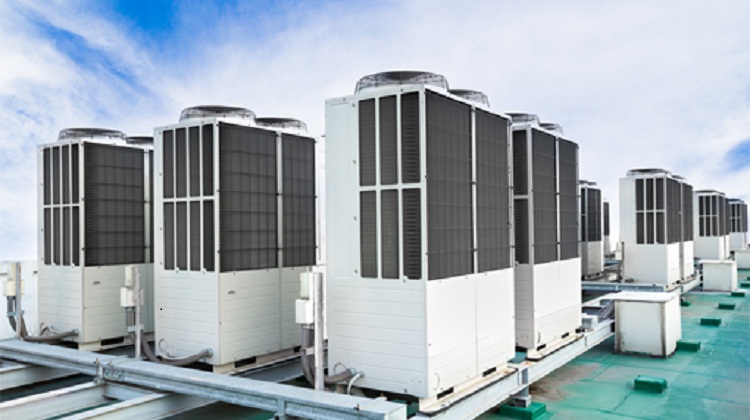In a world where sustainability and energy efficiency are paramount, the HVAC industry continues to evolve and adapt to meet these growing demands. The latest advancements in HVAC technology have revolutionized how we cool and heat our homes and buildings, offering innovative solutions that prioritize comfort and minimize energy consumption. In this blog, we will explore the latest energy-efficient HVAC solutions used by Heating and Air Conditioning in Santa Rosa that are shaping the industry and significantly impacting the environment and our wallets.
Smart Thermostats
One of the most notable advancements in HVAC technology is the emergence of smart thermostats. These intelligent devices go beyond essential temperature control by leveraging advanced algorithms and machine learning to optimize energy usage. Smart thermostats learn your preferences and adjust temperature settings accordingly, ensuring comfort when needed while minimizing energy waste. With features like remote access and integration with smart home systems, these devices provide unprecedented control over your HVAC system’s energy efficiency.
Variable Refrigerant Flow (VRF) Systems
VRF systems are gaining popularity as highly efficient HVAC solutions for commercial and residential buildings. Unlike traditional HVAC systems, VRF systems use advanced heat pump technology to provide precise control over heating and cooling in individual zones. By adjusting refrigerant flow according to the specific requirements of each zone, VRF systems eliminate the energy waste associated with over-conditioning or under-conditioning. These systems also offer simultaneous heating and cooling, allowing for better energy management and greater comfort.
High-Efficiency Heat Pumps
Heat pumps have long been recognized for their energy-efficient heating and cooling capabilities. Recent advancements have improved their efficiency, making them an attractive choice for environmentally conscious consumers. High-efficiency heat pumps leverage advanced compressor technology, variable speed motors, and enhanced refrigerants to maximize energy savings. These systems extract heat from the air or ground, providing heating and cooling, and can achieve excellent efficiency ratings even in extreme temperatures.
Geothermal HVAC Systems
Geothermal HVAC systems tap into the earth’s natural heat for efficient heating and cooling. These systems transfer heat between the earth and the building by utilizing underground pipes, known as geothermal loops. Geothermal systems offer exceptional energy efficiency by harnessing the stable temperatures of the earth, regardless of the external climate. Although installation costs can be higher than traditional HVAC systems, geothermal systems provide long-term savings and reduce carbon emissions significantly.
Energy Recovery Ventilation (ERV) Systems
ERV systems are designed to optimize indoor air quality while minimizing energy loss. These systems use heat exchangers to transfer heat and moisture between the outgoing and incoming air streams, preconditioning the fresh air supply. By recovering energy from exhaust air, ERV systems reduce the workload on the HVAC system, resulting in lower energy consumption. Additionally, ERV systems help maintain balanced humidity levels, improve indoor air quality, and contribute to a healthier living or working environment.
Ductless Mini-Split Systems
Ductless mini-split systems offer a versatile, energy-efficient alternative to traditional ducted HVAC systems. These systems consist of an outdoor unit connected to one or more indoor units, allowing for independent temperature control in different zones. By eliminating the need for ductwork, ductless mini-split systems minimize energy losses associated with duct leaks and reduce the energy required for air distribution. These highly efficient systems provide targeted heating and cooling, providing optimal comfort and energy savings.
Conclusion
As the focus on energy efficiency intensifies, the HVAC industry continues to push the boundaries of innovation. The latest energy-efficient HVAC solutions, such as smart thermostats, VRF systems, high-efficiency heat pumps, geothermal systems, ERV systems, and ductless mini-split systems, offer remarkable efficiency, improved comfort, and reduced environmental impact. By embracing these cutting-edge technologies, we can create sustainable and energy-conscious spaces that enhance our quality of life while preserving our planet for future generations.


